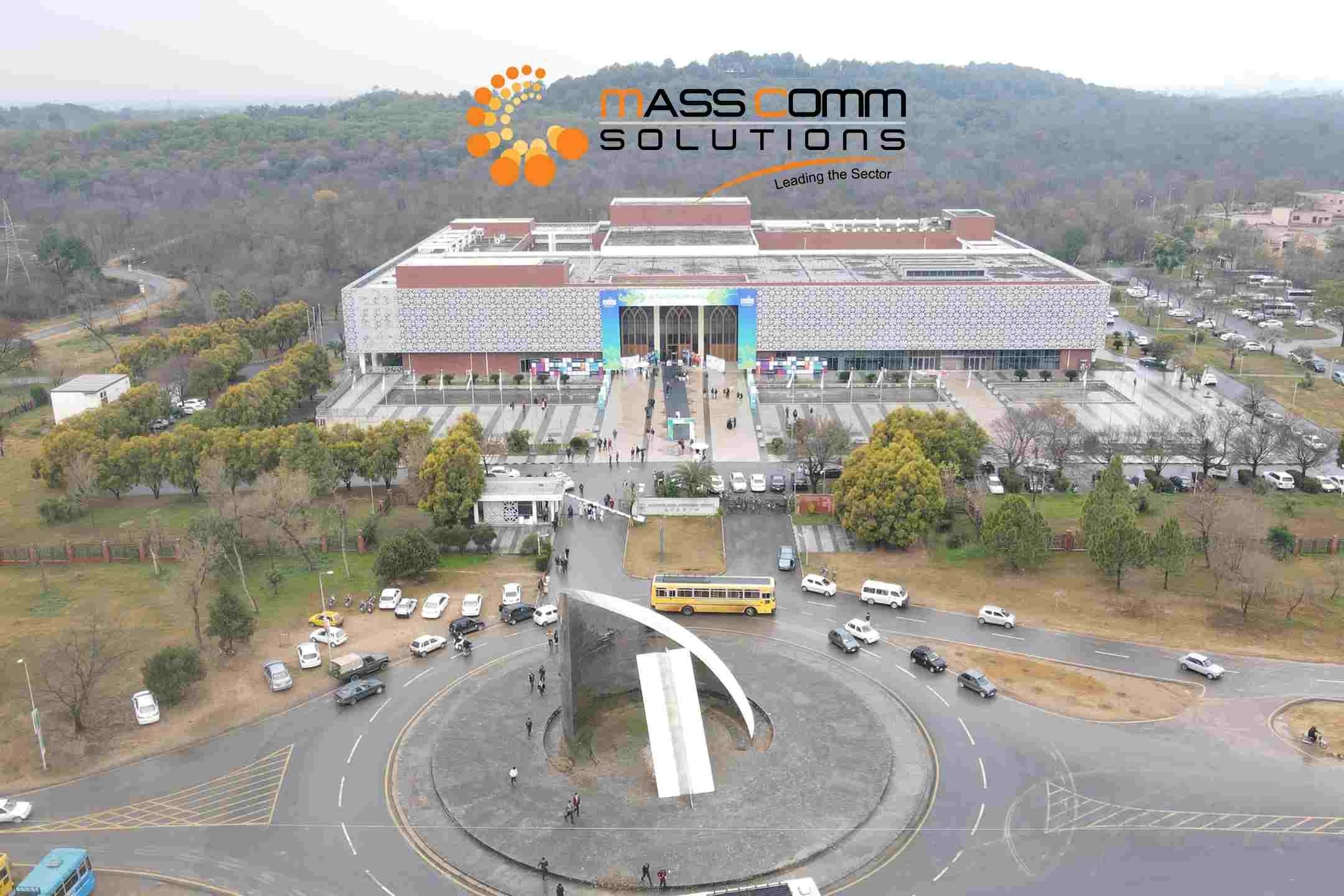Creating an event proposal is a professional way to present your event ideas to potential clients, sponsors, or stakeholders. An effective proposal should clearly outline your event concept, goals, logistics, and budget. Here's a step-by-step guide on how to create a compelling event proposal:
1. Title Page
- Event Name: A catchy, memorable title for the event.
- Client or Organization Name: The entity you're proposing the event for.
- Your Company’s Name & Logo: Include MassComm Solutions’ branding.
- Event Date(s): Mention the proposed date(s) for the event.
- Event Location: Provide the venue or city where the event will take place.
2. Executive Summary
- A concise overview of the proposal, highlighting key elements like the event’s purpose, target audience, and expected outcome. This section should give a snapshot of the entire event.
3. Event Objectives
- Clearly outline the goals of the event. For example:
- Increase brand awareness
- Foster networking opportunities
- Generate leads or sales
- Fundraise for a cause, etc.
- Make these goals measurable so that the client knows what to expect in terms of outcomes.
4. Event Overview
- Event Description: Briefly describe the event concept and what it entails.
- Theme/Concept: Explain the theme or creative idea behind the event.
- Audience: Define the target audience, including demographics like age, interests, and profession.
- Event Timeline: Provide a high-level schedule or timeline (e.g., from event planning to execution).
5. Event Program
- Agenda: Provide a detailed event schedule, including start/end times, sessions, speakers, and activities.
- Entertainment and Activities: Highlight any special performances, guest speakers, or workshops.
- Keynote Speakers: If applicable, list high-profile or important speakers for the event.
6. Logistics
- Venue Details: Mention the venue options, layout, and capacity.
- Technical Requirements: Outline any technical equipment needed (e.g., sound systems, SMD screens, lighting).
- Catering: Provide catering options or food/beverage arrangements.
- Event Staffing: Detail the staff roles required (e.g., event coordinators, security, registration staff).
- Transportation & Accommodation: If relevant, mention travel arrangements or partnerships with hotels.
7. Marketing and Promotion Strategy
- Explain how you will promote the event to ensure good attendance. This could include:
- Social media campaigns
- Email marketing
- Online ads
- Influencers or partnerships
- Event-specific website or registration platform
8. Budget Breakdown
- Provide a detailed budget, listing all expected expenses such as:
- Venue costs
- Catering
- Entertainment
- Marketing
- Technical equipment
- Staffing
- Also, list potential income streams like ticket sales, sponsorships, or merchandise sales.
- Always include a contingency fund to account for unexpected costs.
9. Sponsorship Opportunities (Optional)
- If you’re seeking sponsors, include a section outlining sponsorship packages. Mention:
- Benefits for sponsors (branding, media exposure, VIP tickets)
- Sponsorship levels (e.g., Platinum, Gold, Silver) and corresponding costs.
10. Conclusion and Call to Action
- Summarize the event’s potential impact and the benefits for the client.
- Call to Action: Invite the client to take the next step (e.g., schedule a meeting or sign off on the proposal).
11. Contact Information
- Provide your contact details (email, phone number) for follow-up or clarifications.

